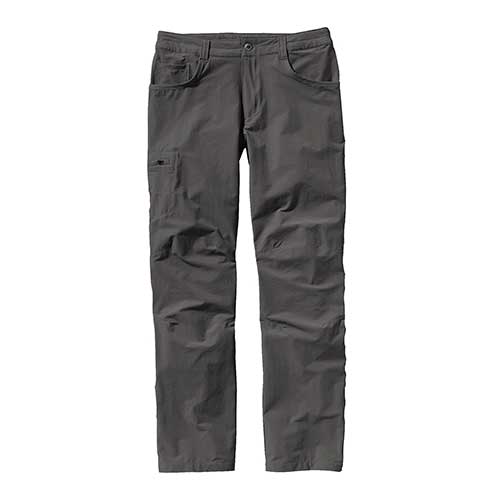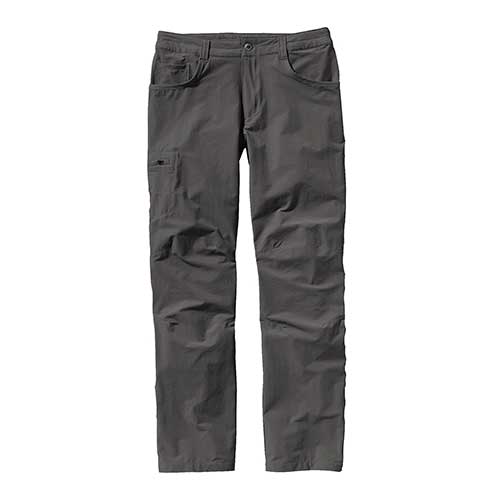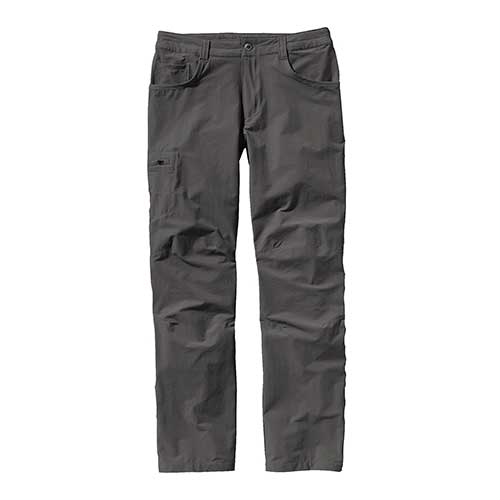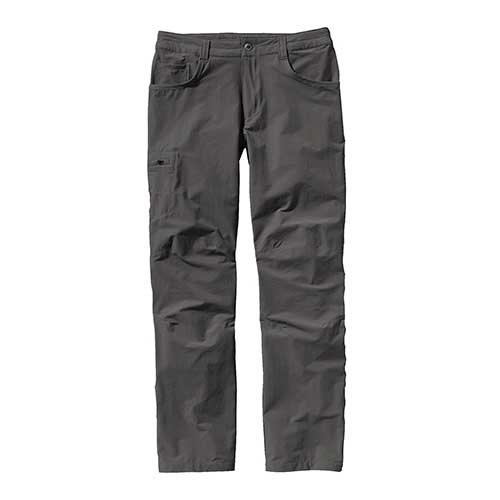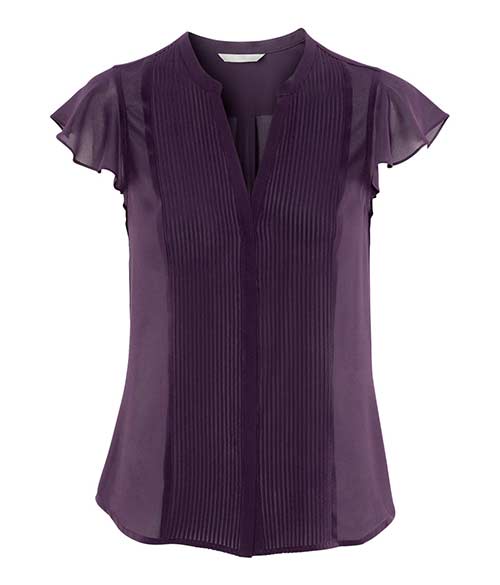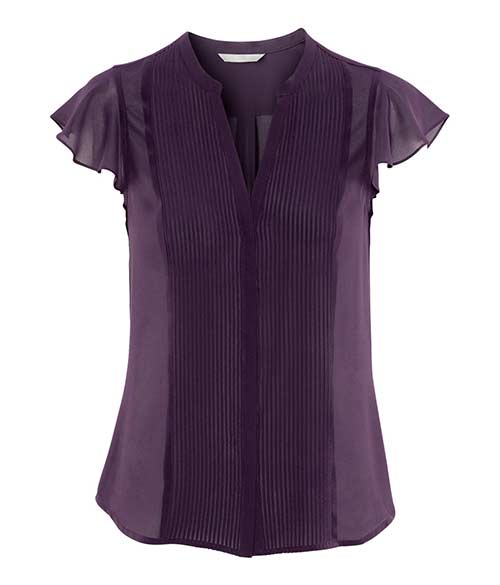green
having the colour of grass or leaves

سبز
green beans
لوبیای سبز
having the colour of grass or leaves

سبز
green beans
لوبیای سبز
Oxford Essential Dictionary
adjective (greener, greenest)
1 with the colour of leaves and grass:
My brother has green eyes.
a dark green shirt
2 covered with grass or other plants:
green fields
3 connected with protecting the environment or the natural world:
green products (= that do not damage the environment)
Longman Dictionary of Contemporary English
green
I. green1 S1 W2 /ɡriːn/ BrE AmE adjective
[Word Family: noun: ↑green, ↑greenery, greens, the greening; adjective: ↑green, ↑greenish; verb: ↑green]
[Language: Old English; Origin: grene]
1. COLOUR having the colour of grass or leaves:
beautiful green eyes
Raw coffee beans are green in colour.
dark/light/pale/bright green
a dark green dress ⇨ ↑bottle green, ↑lime green, ↑pea green, ⇨ olive green at ↑olive(3)
2. GRASSY covered with grass, trees, bushes etc:
green fields
3. FRUIT/PLANT not yet ready to be eaten, or very young:
The bananas are still green.
tiny green shoots of new grass
4. ENVIRONMENT
a) (also Green) [only before noun] connected with the environment or its protection:
green issues such as the greenhouse effect and global warming
He was an early champion of green politics.
b) harming the environment as little as possible:
We need to develop greener cleaning products.
The industry has promised to go green (=change so that it harms the environment less).
5. WITHOUT EXPERIENCE informal young and lacking experience SYN naive:
I was pretty green then; I had a lot of things to learn.
6. ILL informal looking pale and unhealthy because you are ill:
George looked a bit green the next morning.
look green about/around the gills (=look pale and ill)
7. green with envy wishing very much that you had something that someone else has
8. the green-eyed monster literary ↑jealousy – often used humorously
9. have green fingers British English, have a green thumb American English to be good at making plants grow
10. the green stuff American English informal money
—greenness noun [uncountable]
• • •
THESAURUS
▪ environmentally friendly not harmful to the environment: Cycling is very environmentally friendly. | environmentally friendly holidays | Is there such a thing as an environmentally friendly car?
▪ eco-friendly [usually before noun] not harmful to the environment – used especially about products: We always try to use eco-friendly cleaning products. | eco-friendly coffins made from newspapers
▪ green [usually before noun] not harmful to the environment – used especially in the following phrases: green products | green technology | green energy | It was voted the greenest building in Britain.
▪ clean [usually before noun] clean fuels or forms of energy do not release any harmful substances into the atmosphere: We need cleaner fuels for cars and other road vehicles. | clean energy sources such as solar panels and wind turbines
▪ renewable renewable energy comes from sources that can be easily replaced naturally, so that there is always more available: The building is heated using renewable energy from the sun. | The government needs to invest more in renewable energy sources. | Wind power is renewable and produces no greenhouse gases during operation.
▪ sustainable using the earth’s resources, without causing damage to the environment – used especially about farming, ways of living, and development: The flowers are produced to high environmental standards using sustainable farming methods. | Many people want to lead more sustainable lifestyles and to conserve the planet’s resources. | sustainable use of the world’s resources
▪ carbon-neutral balancing the amount of carbon gases that you put into the earth’s atmosphere with other activities that will effectively reduce the amount of carbon gases, for example by planting trees: a carbon-neutral company | Stirling is aiming to become the UK’s first carbon neutral city. | All new homes will be carbon-neutral.
▪ low-carbon [usually before noun] producing only a small amount of carbon: Research is being done into the development of low-carbon electricity. | We will need to have a low-carbon economy.
▪ low-energy [usually before noun] low-energy buildings and lightbulbs use very little energy: Position is a key factor in the design of a low-energy house.
Oxford Advanced Learner's Dictionary
green
green [green greens greened greening greener greenest] adjective, noun, verb [ɡriːn] [ɡriːn]
adjective (green·er, green·est)
COLOUR
1. having the colour of grass or the leaves of most plants and trees
• green beans
• Wait for the light to turn green (= on traffic lights).
COVERED WITH GRASS
2. covered with grass or other plants
• green fields/hills
• After the rains, the land was green with new growth.
FRUIT
3. not yet ready to eat
• green tomatoes
POLITICS
4. concerned with the protection of the environment; supporting the protection of the environment as a political principle
• green politics
• Try to adopt a greener lifestyle.
• the Green Party
PERSON
5. (informal) (of a person) young and lacking experience
• The new trainees are still very green.
6. (of a person or their skin) being a pale colour, as if the person is going to vomit
• It was a rough crossing and most of the passengers looked distinctly green.
more at the grass is (always) greener on the other side (of the fence) at grass n.
Word Origin:
Old English grēne (adjective), grēnian (verb), of Germanic origin; related to Dutch groen, German grün, also to grass and grow.
Example Bank:
• an olive green carpet
• the lush green grass
• wearing an emerald green dress
• It was a rough crossing and most of the passengers looked distinctly green.
Idiom: green with envy
Derived Words: greening ▪ greenness
Cambridge Advanced Learner's Dictionary
Cambridge Advanced Learner's Dictionary - 4th Edition
green / ɡriːn / adjective (COLOUR)
A1 of a colour between blue and yellow; of the colour of grass:
green vegetables
greenness / ˈɡriːn.nəs / noun [ U ]
the quality of being green:
What first struck her when she arrived in England was the greenness of the countryside.
green / ɡriːn / adjective (POLITICAL)
B2 relating to the protection of the environment:
green politics/issues
a green campaigner/activist
the Green Party
go green to do more to protect nature and the environment:
The Chancellor proposed a crackdown on car and plane emissions, and the introduction of tax incentives to go green.
greenness / ˈɡriːn.nəs / noun [ U ]
the quality of being green:
What first struck her when she arrived in England was the greenness of the countryside.
green / ɡriːn / adjective (PLANTS)
B1 covered with grass, trees, and other plants:
the green hills of Ireland
greenness / ˈɡriːn.nəs / noun [ U ]
the quality of being green:
What first struck her when she arrived in England was the greenness of the countryside.
green / ɡriːn / adjective (NOT READY)
(especially of fruit) not ready to eat, or (of wood) not dry enough to use:
green bananas/tomatoes
greenness / ˈɡriːn.nəs / noun [ U ]
the quality of being green:
What first struck her when she arrived in England was the greenness of the countryside.
green / ɡriːn / adjective (NOT EXPERIENCED)
not experienced or trained:
I was very green when I started working there.
greenness / ˈɡriːn.nəs / noun [ U ]
the quality of being green:
What first struck her when she arrived in England was the greenness of the countryside.
© Cambridge University Press 2013
Collins COBUILD Advanced Learner’s English Dictionary
green
/gri:n/
(greens, greener, greenest)
Frequency: The word is one of the 700 most common words in English.
1.
Green is the colour of grass or leaves.
...shiny red and green apples...
Yellow and green together make a pale green.
COLOUR
2.
A place that is green is covered with grass, plants, and trees and not with houses or factories.
Cairo has only thirteen square centimetres of green space for each inhabitant.
ADJ
• green‧ness
...the lush greenness of the river valleys.
N-UNCOUNT
3.
Green issues and political movements relate to or are concerned with the protection of the environment.
The power of the Green movement in Germany has made that country a leader in the drive to recycle more waste materials.
ADJ: ADJ n
4.
If you say that someone or something is green, you mean they harm the environment as little as possible.
...trying to persuade governments to adopt greener policies...
ADJ
• green‧ness
A Swiss company offers to help environmental investors by sending teams round factories to ascertain their greenness.
N-UNCOUNT
5.
Greens are members of green political movements.
The Greens see themselves as a radical alternative to the two major British political parties.
N-COUNT: usu pl
6.
A green is a smooth, flat area of grass around a hole on a golf course.
...the 18th green.
N-COUNT
7.
A green is an area of land covered with grass, especially in a town or in the middle of a village.
...the village green.
N-COUNT
8.
Green is used in the names of places that contain or used to contain an area of grass.
...Bethnal Green.
N-IN-NAMES: n N
9.
You can refer to the cooked leaves of vegetables such as spinach or cabbage as greens.
N-PLURAL
10.
If you say that someone is green, you mean that they have had very little experience of life or a particular job.
He was a young lad, very green, very immature.
ADJ
11.
If you say that someone is green with envy, you mean that they are very envious indeed.
PHRASE: v-link PHR
12.
If someone has green fingers, they are very good at gardening and their plants grow well. (BRIT; in AM, use a green thumb)
You don’t need green fingers to fill your home with lush leaves.
PHRASE
Merriam-Webster's Advanced Learner's Dictionary
green
1green /ˈgriːn/ adj green·er; -est
1 : having the color of growing grass
• green leaves
• a green sweater
2 a : covered by green grass or other plants
• green fields
b : consisting of green plants or of the leaves of plants
• a green salad
3 : feeling envy - usually used in the phrase green with envy
• His brother's success made him green with envy.
4 a : not ripe yet
• green tomatoes
b : not having training, knowledge, or experience
• green troops
• When she arrived at the company she was still very green but eager to learn.
5 informal : having a pale or sick appearance
• Our flight hit some turbulence, and half the passengers started turning green.
- often used in the phrase green around/about the gills
• The passengers were looking green around the gills.
6 : trying to protect or meant to protect the natural world : concerned with protecting the environment
• She only buys products from green companies.
• companies that use green practices [=companies that do things in a way that helps to protect the environment]
• finding greener methods of waste disposal
greener pastures
- see 1pasture
- green·ish /ˈgriːnɪʃ/ adj
• greenish eyes
- green·ness /ˈgriːnnəs/ noun [noncount]
• the greenness of the leaves/troops










